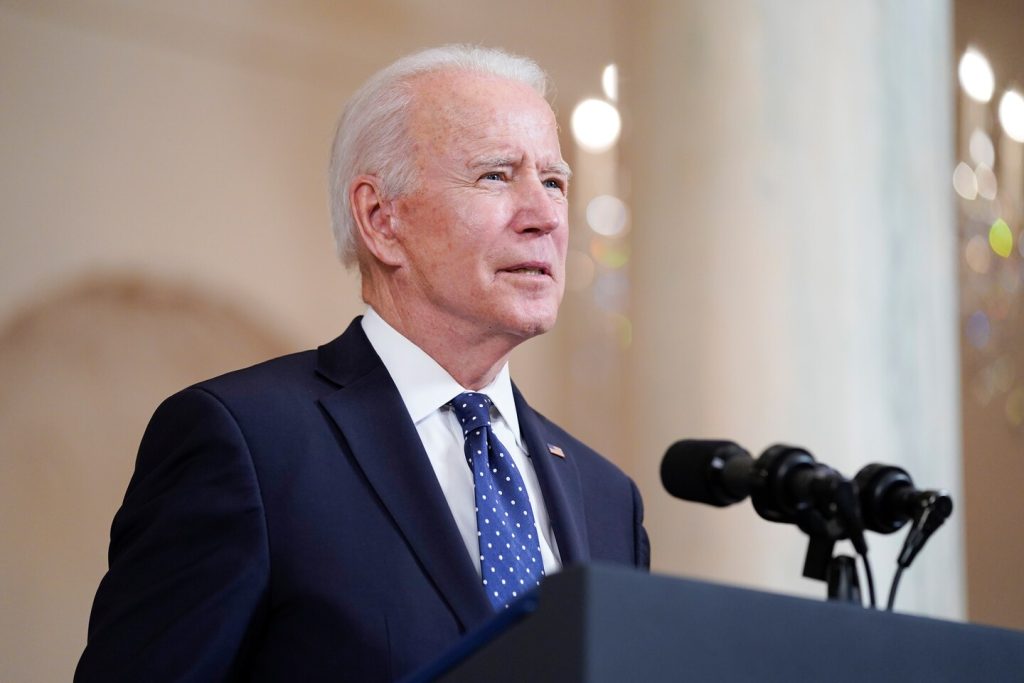Why Biden’s executive order on policing is still up in the air
A spike in violent crime and the nation’s divided politics have complicated White House efforts at police reform
By David Nakamura, Mark Berman and Annie Linskey | The Washington Post | Published April 7, 2022




